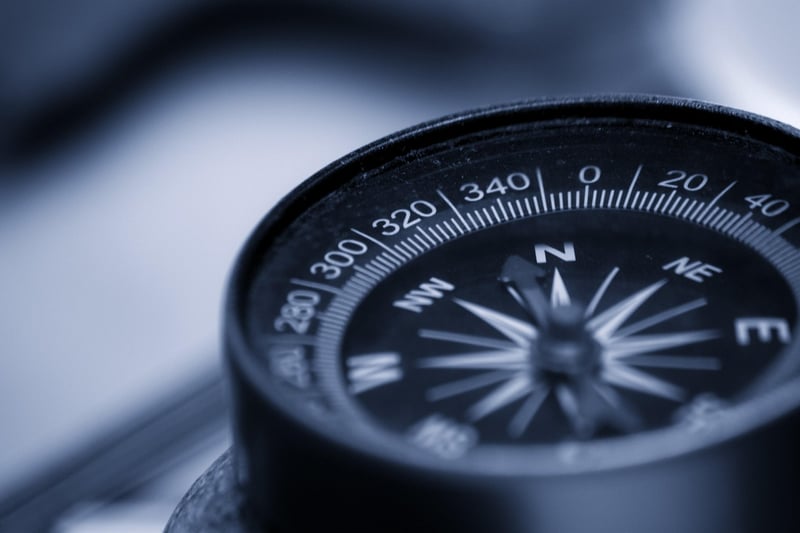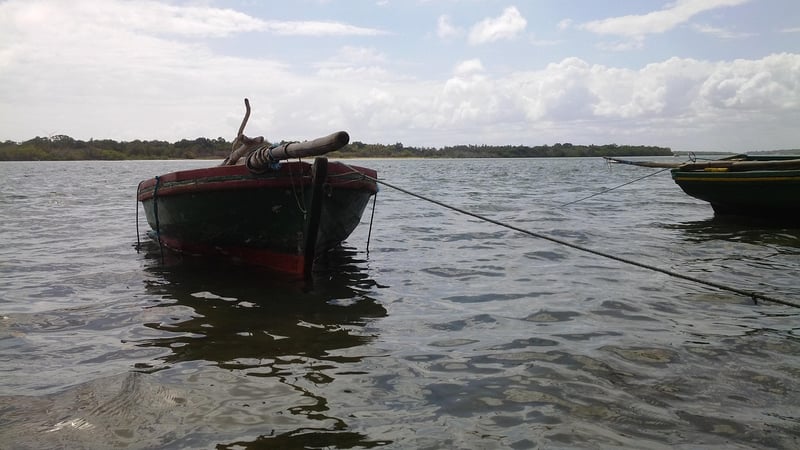Navigation Techniques
Learn from Experienced Explorers: Navigation Techniques
Exploration is an exciting endeavor that has captivated humans for centuries. Whether you are an aspiring adventurer or a seasoned explorer looking to enhance your navigation skills, learning from experienced explorers can provide valuable insights and techniques to help you on your journey. In this article, we will delve into some navigation techniques shared by seasoned explorers that can be beneficial for anyone interested in exploring the great outdoors.
1. Map Reading and Compass Skills
One of the fundamental navigation skills that every explorer should master is map reading and compass skills. Experienced explorers emphasize the importance of understanding topographic maps, interpreting contour lines, and using a compass to orient yourself in unfamiliar terrain. By honing these skills, you can navigate confidently and accurately, even in challenging environments.

2. Celestial Navigation
For explorers venturing into remote areas without access to modern GPS technology, celestial navigation techniques can be invaluable. Learning how to use the sun, moon, stars, and other celestial bodies to determine direction and time can help you navigate effectively without relying on electronic devices.

3. Dead Reckoning
Dead reckoning is a navigation technique that involves calculating your current position based on a previously determined position, taking into account your speed, direction, and time traveled. Experienced explorers often use dead reckoning in conjunction with other navigation methods to estimate their location and track their progress during a journey.

4. Landmarks and Natural Indicators
Observing landmarks and natural indicators in the environment is another valuable navigation skill shared by experienced explorers. Recognizing distinctive features such as mountain peaks, rivers, rock formations, and vegetation can help you establish your location and navigate towards your destination without getting lost.

5. GPS and Technology
While traditional navigation techniques remain essential, modern technology such as GPS devices, smartphones, and mapping apps can enhance your navigation capabilities significantly. Experienced explorers recommend using technology as a supplementary tool to traditional methods, ensuring that you have multiple means of navigation in case of equipment failure or signal loss.

By incorporating these navigation techniques into your skill set and learning from the experiences of seasoned explorers, you can navigate with confidence and precision on your next adventure. Remember, practice and preparation are key to mastering the art of navigation and exploring the world around you.
